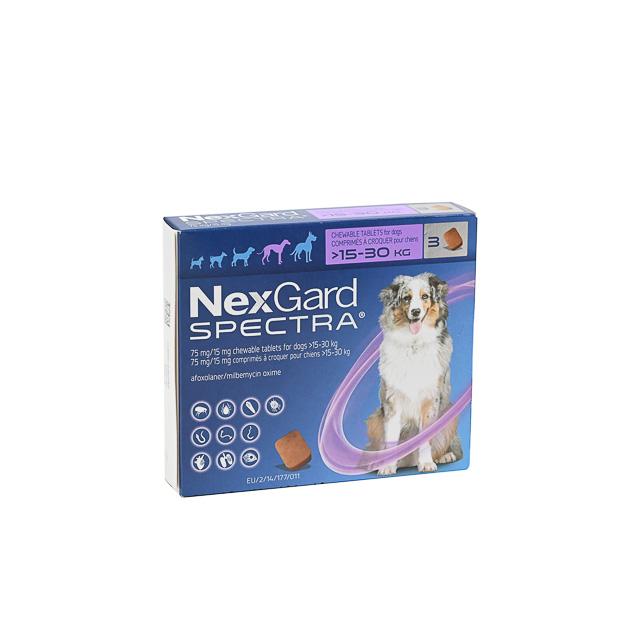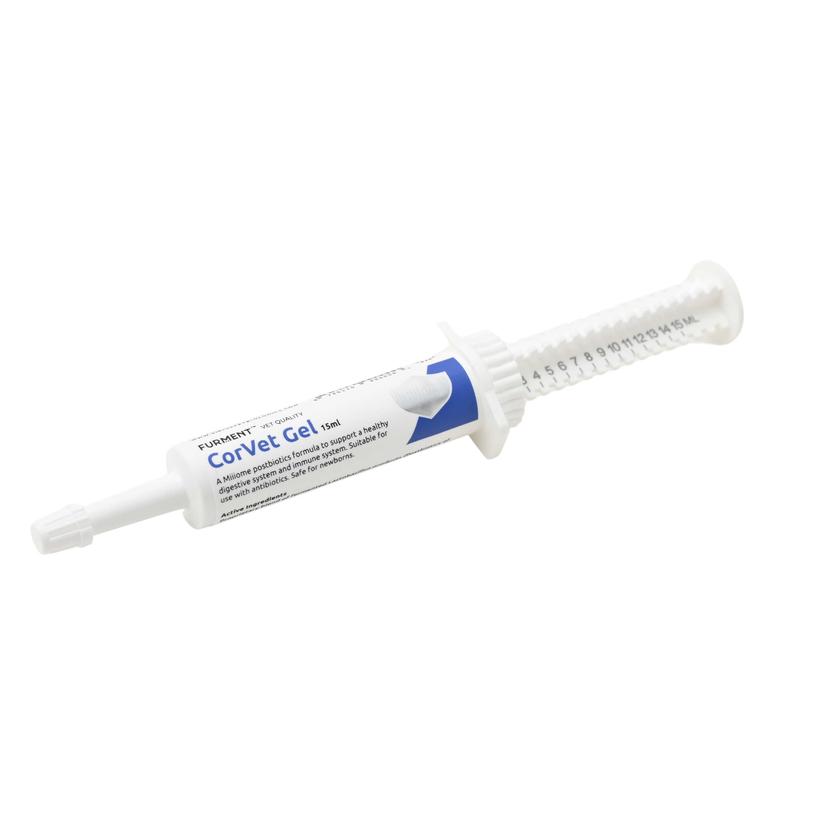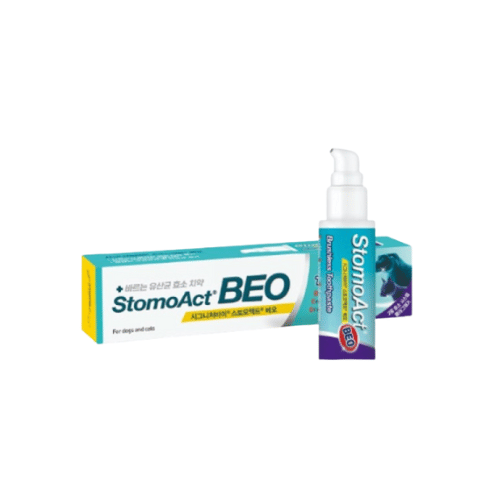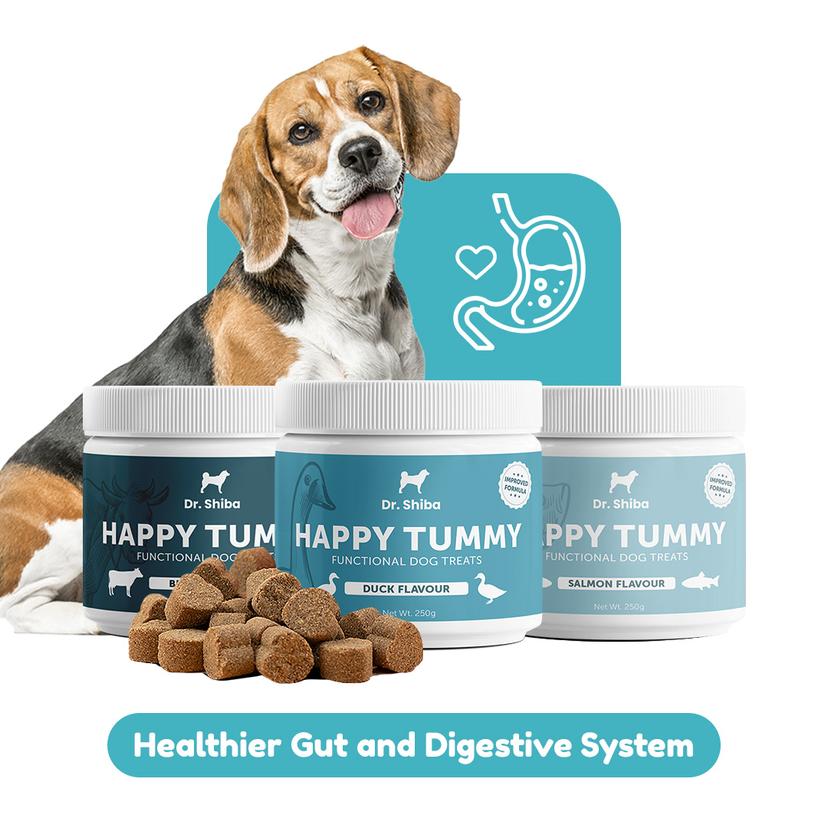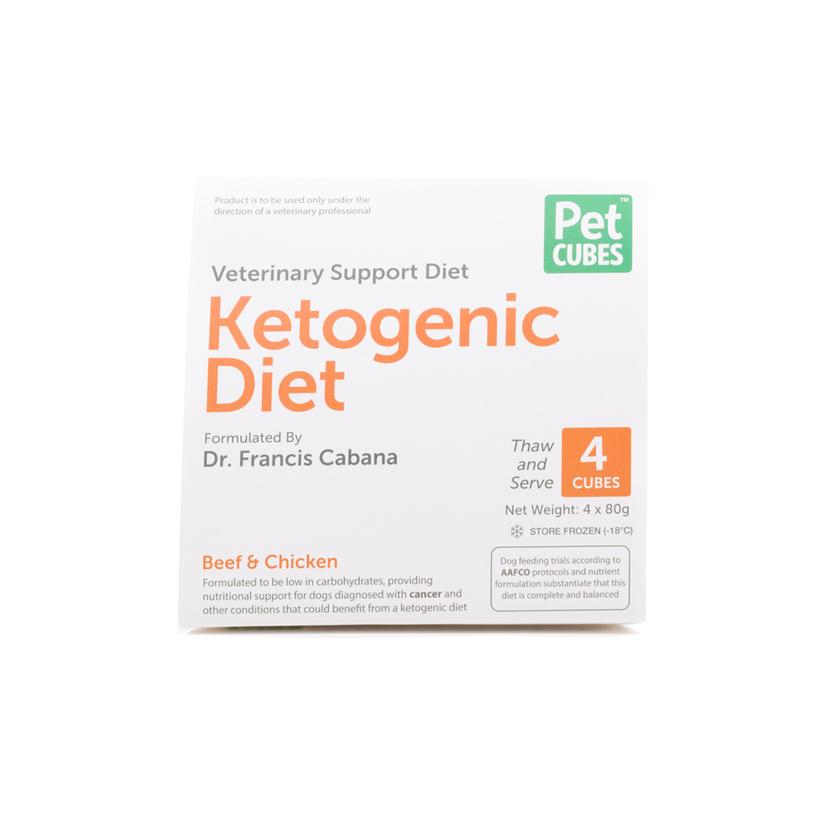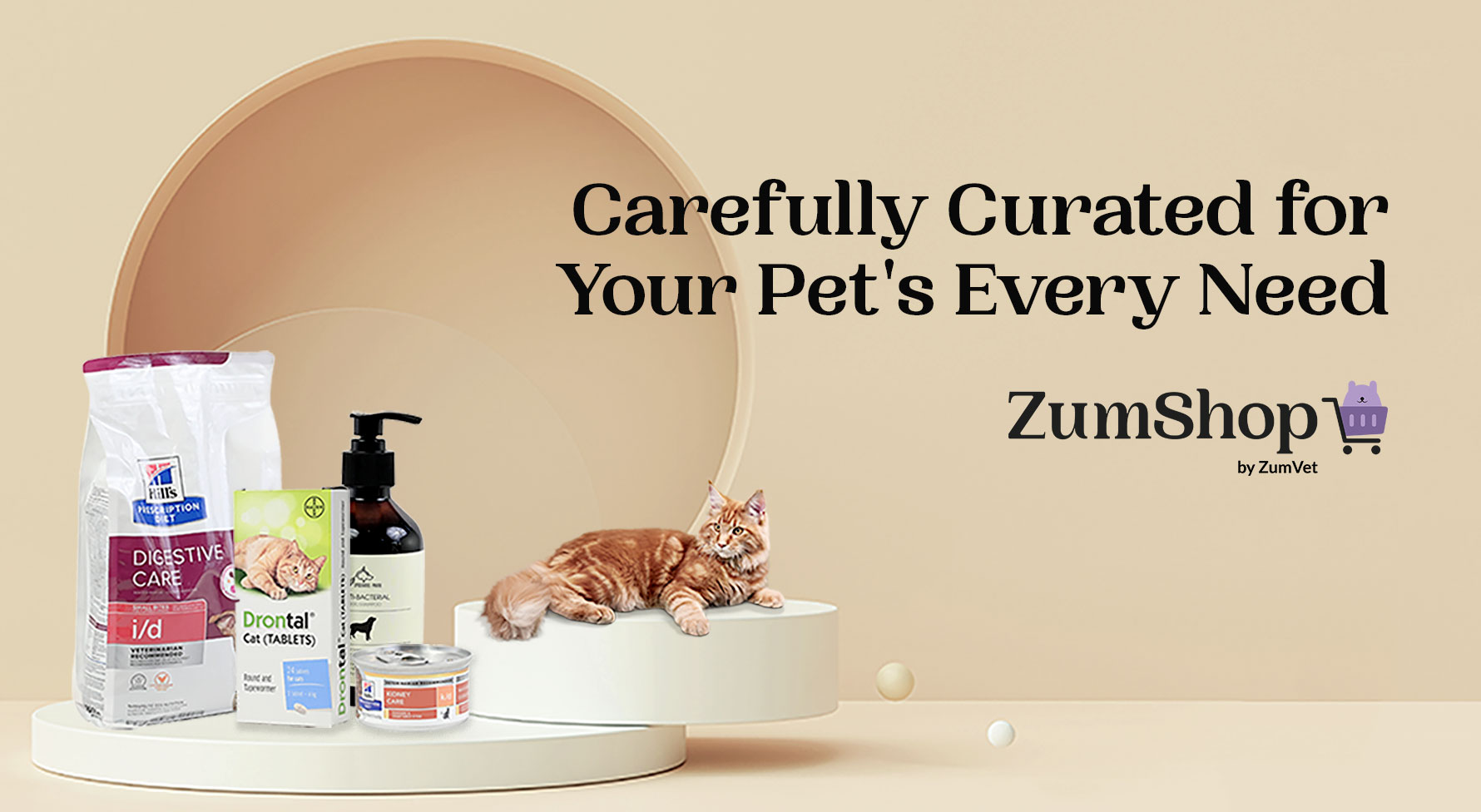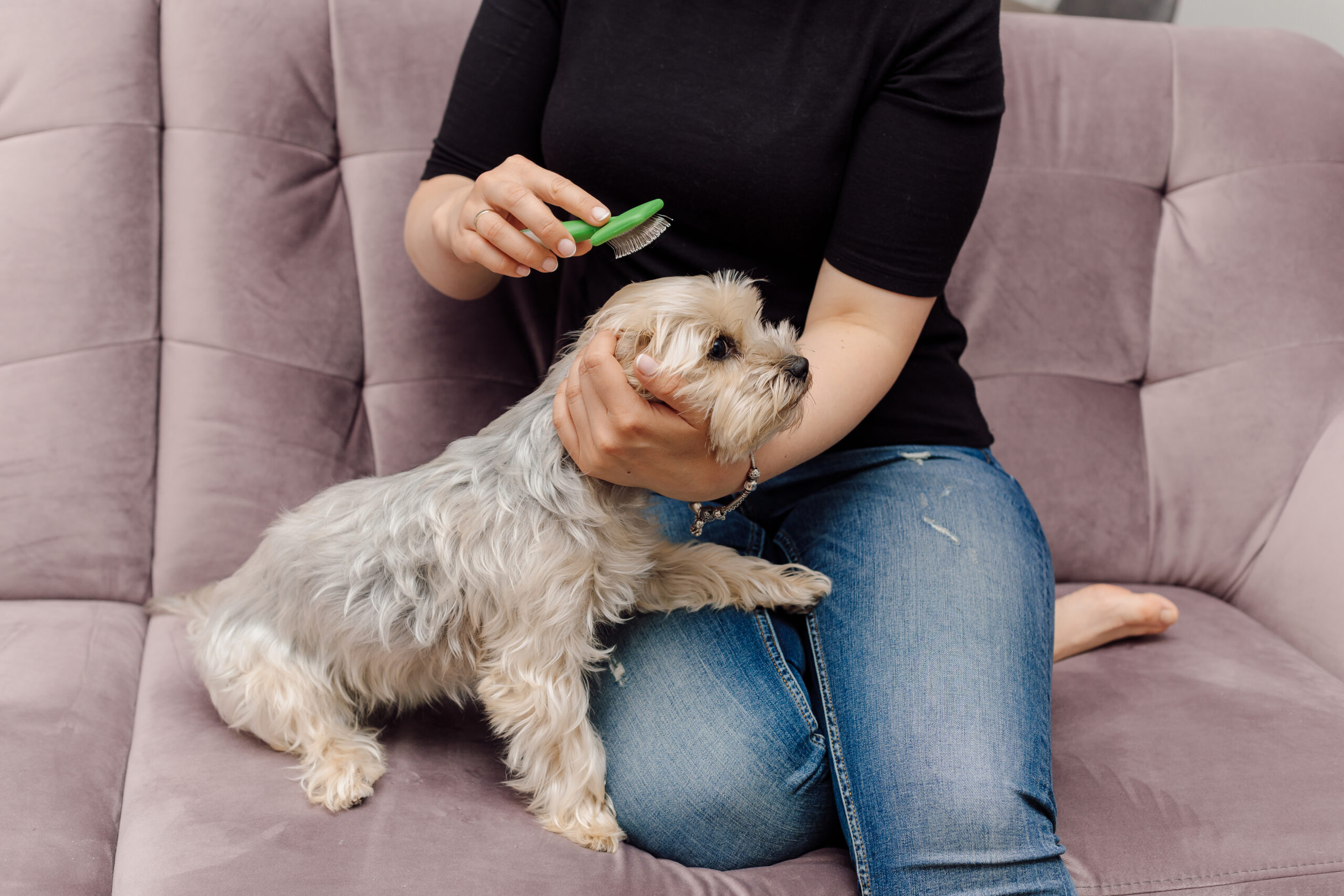Contributed by ZumVet’s Dr. Jnanee Krishnasamy, BVSc (Massey)
Pet owners want their pets to live long and healthy lives, which leads them to purchase all sorts of wellness supplements, including probiotics for their pets’ gut function. There has been a steady increase in interest in probiotics for pets, and inthe US, spending on dog food with probiotic ingredients jumped 139% from 2017 to 2018.
Recently, postbiotics have emerged in the pet wellness market. While this increases the array of pet supplement options, many pet owners may be confused as to which supplements are suitable for their pets. They may wonder if postbiotics are any different from prebiotics and probiotics, or if any of these products are even necessary.
Are you one of these pet owners? Fret not! This article will give you an overview of gut health in cats and dogs, as well as cover why gut supplements are important. We will then explain what postbiotics are, how they differ from prebiotics and probiotics, and the advantages of postbiotics over prebiotics and probiotics.
An Overview of Gut Function
In order to understand the value of prebiotics, probiotics and postbiotics to your pet’s gut health, it is important to first have a basic understanding of your pets’ gut.
‘Good’ bacteria and ‘bad’ bacteria can exist in the gut of cats and dogs. It is important for ‘good’ bacteria to be present in the gut as it helps with digestion and supports the immune system. ‘Good’ bacteria also prevent ‘bad’ bacteria from excessively multiplying. Too much ‘bad bacteria’ in the gut can lead to severe consequences such as chronic vomiting and diarrhoea, diabetes, kidney disease and even cancer. In fact, research indicates that 70% of a pet’s immune system lies in the digestive tract!
Thus, it is important that your pet’s gut receives all the help it can get with gut supplements such as postbiotics!
What are Probiotics, prebiotics and postbiotics?
Probiotics refer to ‘good’ live bacteria that are naturally found in your pet’s gut. With probiotic supplements, more ‘good’ bacteria can be added as well.
Prebiotics (such as beta-glucans) are a type of specialised plant fibre that probiotics feed on and digest for survival.
Postbiotics are compounds that probiotics produce when they break down prebiotics. In other words, “prebiotics + probiotics = postbiotics”!
Can I just feed yoghurt to my pet instead?
Pet owners commonly feed their pets with store-bought yoghurt, as it is convenient and cheap. However, this can be risky. Sweetened yoghurt is poisonous to pets as it contains xylitol, which can cause kidney failure in cats and dogs.
Even if plain, unsweetened yoghurt without any artificial preservatives is fed, this can cause stomach upsets as many pets are also lactose-intolerant. Although some pets may tolerate yoghurt, the general rule of thumb is to “feed no more than ten percent of the calories your dog eats every day.” Unfortunately, the probiotic concentration in this amount of yoghurt will still e inadequate for gut health, so it is more beneficialto give your pet a veterinary postbiotic instead.
Can I just feed my pet postbiotics that are meant for humans instead?
Some pet owners feed their pets with prebiotics, probiotics or postbiotics that are formulated for humans. This approach is risky as these products can contain additives that are unsuitable for pet, so stick to pet-friendly postbiotics!
Why should I use postbiotics for my pet?
Research shows that postbiotics have many benefits for gut health, without the need for live organisms (unlike probiotics). Studies also show that postbiotics reduce gut inflammation, boost immunity, promote the proliferation of ‘good’ bacteria and have antioxidant properties.
In addition, postbiotics have a couple of major advantages over probiotics. Unlike probiotics, postbiotics are not live. This means that postbiotics have more flexible storage conditions i.e. they do not need to be refrigerated. Postbiotics also have a longer stability and thus a longer shelf-life.
Furthermore, as probiotics are live organisms, it may be risky to use them in very young (e.g. newborn) animals, very old animals and very sick animals as it can actually cause infections in this group. However, this may not be the case with postbiotics which are not live.
At this stage, you may be wondering – are there any veterinary postbiotics available in Singapore?
Introducing… Furment Pet Microbiome Solutions!
The Furment range is for cats and dogs. It offers a wide array of postbiotic formulations to suit your pet’s needs, including:
- CorVet Postbiotic Gel: A gut postbiotic that is suitable as a general supplement for gut health.
- CorVet Plus Gel: Like the CorVet Gel, except that it contains kaolin (which is a stool firmer).
- DermaCor Postbiotic Gel: A “probiotic formula” that enhances skin and gut health. This comes as a boon for pets that have both chronic skin and sensitive tummy issues! This postbiotic can be accompanied by the Dermacor Spray that moisturises and protects your pet’s skin.
- RenaCor Postbiotic Capsules: A postbiotics formula that supports renal and digestive function. It is suitable for older animals and animals with kidney disease. It’s a targeted remedy for renal azotemia, a common chronic kidney disease prevalent in ageing cats and dogs.
All of the gels, the Dermacor Spray and the RenaCor capsules can be stored without refrigeration. Also, as these postbiotics are not live organisms, they can be given together with antibiotics. Thus, postbiotics facilitates ease of administering medications while preserving your pet’s gut health. In this way, postbiotics elevate your pet’s standard of care, when given together with oral antibiotics! Furthermore, the CorVet Gel and CorVet Plus Gel are suitable for newborn pets as well!
Want to try out Furment’s postbiotics? Head over to ZumVet’s website and order them today! If you have any other questions, you can also book an appointment with one of our online vets to understand how you can fit Furment into your pet’s diet!



